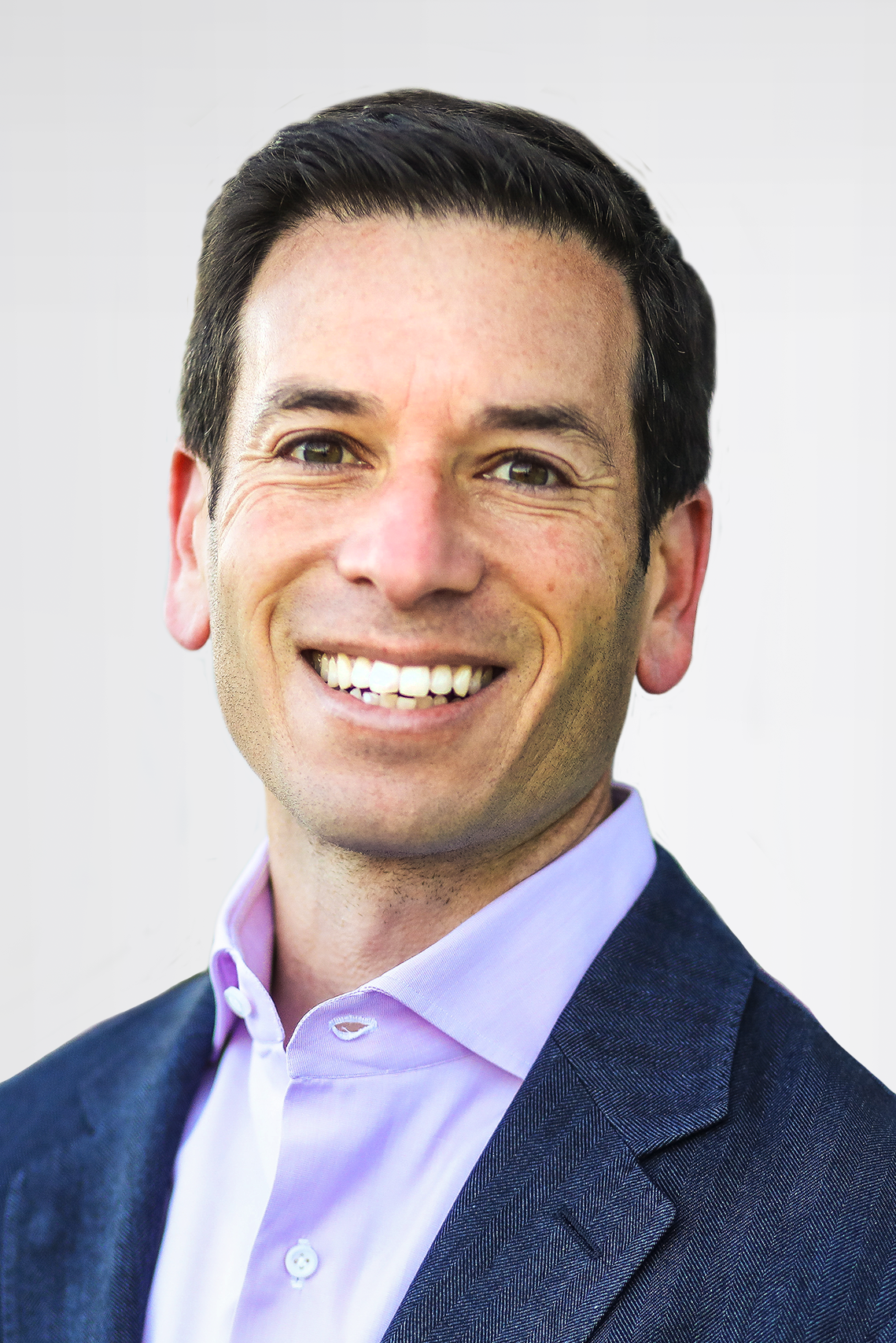Moody’s sees potential positive RCM impact from AI
Ratings agency Moody’s Investors Service has joined other industry players in identifying ways artificial intelligence can create efficiencies in revenue cycle management.
The growing use of the technology potentially could bring accounts receivable balances down and minimize write-offs of past-due balances, according to the three authors of a report published in the company’s “Healthcare Quarterly” for October. They also pointed to workforce management as having AI-driven potential.
“Billing and coding efficiencies can speed up claims processing, improving reimbursement and revenue cycle timelines, in turn driving up operating revenue,” wrote Cassandra Golden, analyst; Kailash Chhaya, CFA, vice president and senior analyst; and Eva Bogaty, associate managing director. “Healthcare systems can also use AI to improve corporate functions by reducing staff time spent on everyday tasks such as text generation, data analysis and customer service.”
AI use brings several potential benefits to hospital systems
| AI use | Potential benefits |
| Clinical documentation | Allow doctors to spend more time interacting with patients and less time patient-charting in the electronic health record. |
| Decision support | Analyze many different raw data points and help physicians make sound care decisions in less time, thus allowing doctors to understand and see patients more holistically even in a short visit. |
| Prescriptive intelligence | Help prevent unnecessary admissions and readmissions by identifying at-risk patients and recommending targeted interventions. |
| Appointment management | Reduce wait times, improve patient experience. |
| Billing and collection | Generate faster reimbursement, improving patient experience. |
| Remote health monitoring | Monitoring health using wearables. |
| Natural language processing | Improve access to healthcare even for those who do not speak English. |
The view that revenue cycle management could gain efficiencies using AI-based technology more widely is shared by others in the industry, particularly with large language models, also known as generative AI, advancing what is capable with AI.
“It really overall is giving the healthcare industry a whole new level of value,” said Amy Waldron, global director for healthcare and life sciences solutions, North America, at Google Cloud. Google’s AI work is in part focused on serving as the infrastructure to providers and companies that want to tailor the AI programming to their needs, but don’t want to reinvent the AI wheel. Waldron noted that payers are moving faster than providers in adopting the technology, which could have repercussions down the line.
In addition, the manner in which AI could be used in hospitals is changing. Ken Ruiz, chief revenue officer for Kodiak Solutions, a healthcare consultancy, said AI is not being used the way many in the industry thought it would.
“Originally a lot of people thought it was going to be robots taking on a lot of menial tasks, like truck driving or whatever, from end to end; It’s not that, the way we see it,” he said. AI is best used doing small complex tasks to aid humans in doing their jobs, creating a need for complex AI models that can do the small tasks, automating some of their work.


Simlarly, executives for healthcare fintech company Cedar say healthcare organizations should not fall into the trap of viewing AI as a solution looking for a problem to solve. Instead, AI Is a tool that can be used when addressing a particular problem or set of problems, said Seth Cohen, Cedar’s president.
A lot of impact is expected from using generative AI to improve patient engagement. The technology can assemble tailored payment plans, including discounts on care, that could save time and resources on the providers’ side while maximizing the assistance patients receive in paying their portion of the bill.
“We can improve patient satisfaction a great deal,” said Kinshuk Mishra, chief technology officer for Cedar.
The Moody’s report also cited how Mercy health system, based in Chesterfield, Missouri, is teaming with Microsoft Corp. to boost both patient and employee engagement applying AI tools in different ways.
Mercy will be using AI to:
- Help patients better understand lab results through generative AI-assisted communication
- Schedule follow-up appointments
- Drive a chatbot that Mercy employees can use to find answers to human resources questions





